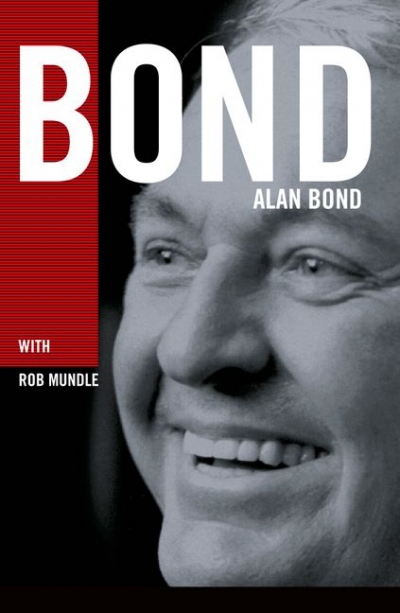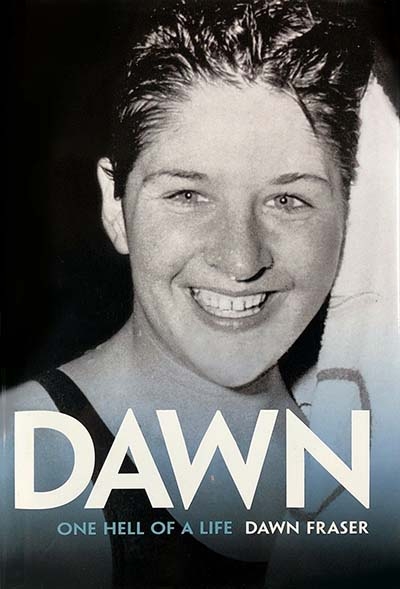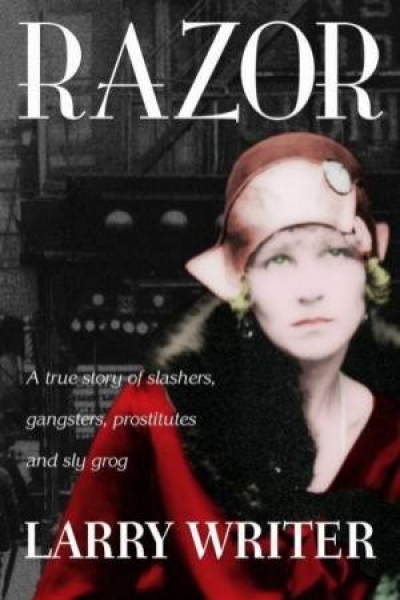Craig Sherborne
There is no God, I was made in this man’s image:
those slate-dark eyes of his are mine,
the dented bridge of our his-my nose.
I laugh with his rasping cackle in me.
I walk with his stooping, trudging gait,
swearing his ‘Jesus bloody Christ’
in a sudden fist-curl of temper.
My right ear points like a flesh-antenna as his does,
and being my father I bear his name.
Haphazardries of kin passed on from birth
that to see him wizened on his cancer bed,
his insides turned to water,
... (read more)A review of Hannie Rayson’s Two Brothers, first performed by the Melbourne Theatre Company in April 2005. The Sydney Theatre Company is presenting the same production at the Drama Theatre, Sydney Opera House, until July 2. It then moves to Canberra’s Playhouse (July 14 to 23).
Not so long ago, Melbourne theatre-goers would say of Sydney audiences, ‘If it moves, they’ll clap it.’ These days, it would seem, Melbourne is the new Sydney. No snobbish snipes at the northerners’ perceived lack of sophistication will wash any longer; such parochial bigotries have been found out. No extensive cultural investigation was required to expose the hypocrisy. A visit to the Melbourne Theatre Company’s recent production of Hannie Rayson’s latest play, Two Brothers, would do. As dud joke followed dud joke, the evidence mounted. As one preposterous scenario begat another in a genre-jumble of farce (though not intended to be farce, I fear) and political thriller (or lame attempt at it), Sydney took on a cultural loftiness I’d never noticed before – and I grew up there and admit to lowbrow parentage. When, at the end of Two Brothers, the audience cheered and applauded, there could be no doubt: the play moved, and they clapped it.
... (read more)To celebrate the best books of 2004 Australian Book Review invited contributors to nominate their favourite titles. Contributors included Dennis Altman, Brenda Niall, Kerryn Goldsworthy, Morag Fraser and Chris Wallace-Crabbe.
... (read more)A stable of silver
was our sacred skite.
It’s the poor in us
my father said; we are ill
with going without
even when we gain
a stable of silver.
‘Bring the guests this way, son.’
That’s Oreka from his Hotham
rout. That’s Ima Martian from
leading all the way.
Sliding the glass, the mirror skins
of trophies warped us round.
Decanters and their goblets of young
buckled the face of a bender-down.
Trays and teapots like models
for a meal, never used,
hardly touched except by my mother
when champagne washed the plum
from her mouth and improved her swearing.
China was not a country,
it was a cup and saucer place
in there at arm’s length from the world,
her arm’s length, turning over a dish
to show her Wedgwood or Doulton tattoos.






